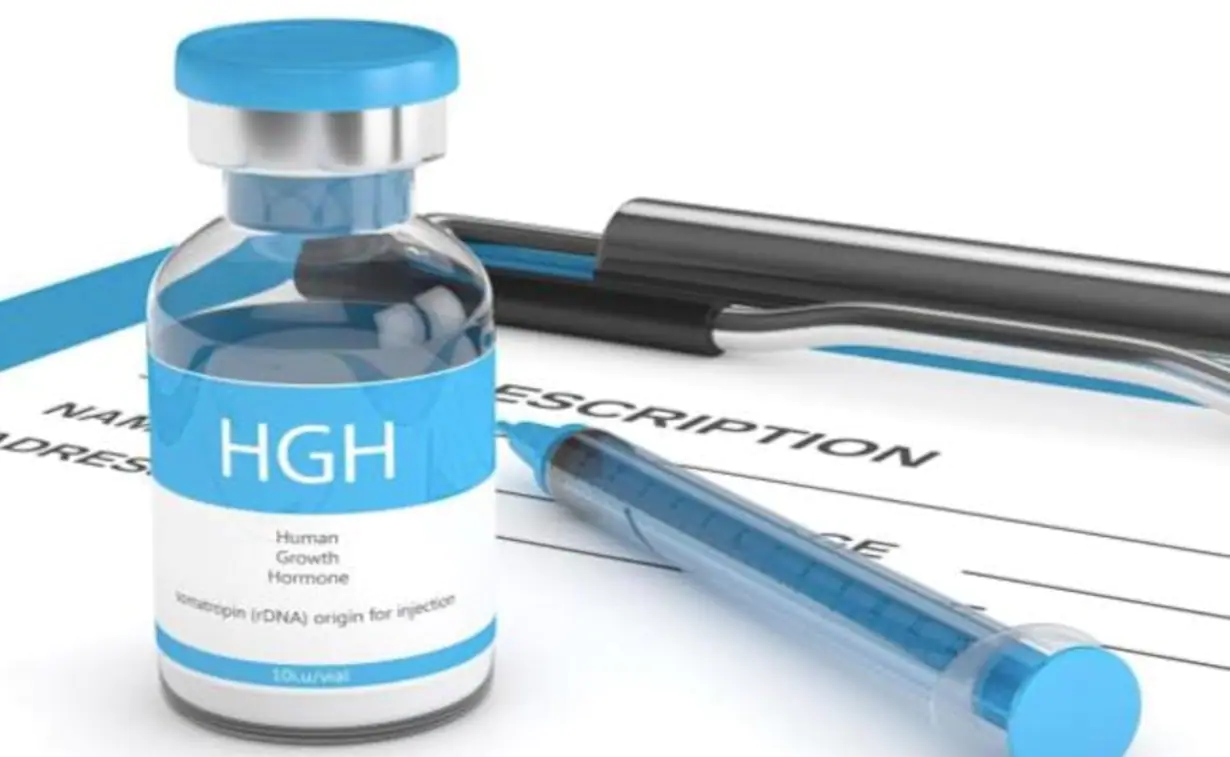A pharmacy technician is a Human growth hormone for sale uk staff member who works under the direct supervision of a licensed pharmacist and performs many pharmacy-related functions. Some of the job duties include providing medication and other health care products to patients, performing routine tasks associated with preparing prescribed medication and many do the manual labor component of providing drugs to patients.
In the past, most pharmacy technicians had only on-the-job training but today, many employers favor those who have completed a formal training and certification process. The Pharmacy Technician Certification Board oversees the certification process and those pharmacy technician wannabes that earn certification receive the professional title Certified Pharmacy Technician or CPHT follow their name. This type of training program is usually offered by the military, some hospitals, proprietary schools, vocational or technical colleges, and community colleges. Even as little as 4 or 5 years ago there were no US federal (and few state) laws making it mandatory for pharmacy technicians to meet this qualifying standard. However, some non-federal jurisdictions do require licensing such as the state of Virginia.
In the United Kingdom and many other countries, there are accredited programs which pharmacy technicians must complete. In the UK this is composed of an on the job qualification, known as an NVQ level 3 and a theory based qualification (BTEC) usually completed on day-release at college or by correspondence course. Within the next few years (probably around 2008) “pharmacy technician” will become a protected job title in the UK and only those with both qualifications will be allowed to use this title by law.
According to a United States Department of Labor report a few years ago, about two-thirds of pharmacy technicians worked in retail pharmacies, both independently owned or part of a drugstore, grocery store or mass retailer chain. Another 22% were employed in hospitals, while a small portion worked in mail-order or Internet pharmacies, clinics, pharmaceutical wholesalers, or for the Federal Government. The balance in the UK is of a similar.
Responsibilities of a pharmacy technician differ depending on location. Although virtually all report directly the supervising pharmacist, in some operations, they may also have some supervisory responsibilities themselves by managing assistants and / or pharmacy aides. Other responsibilities include answering telephone calls, handling money, stocking shelves and computer data entry.
Pharmacy technicians who work in hospitals, nursing homes or assisted-living-type facilities may have additional responsibilities like reading patient charts in conjunction with prescriptions. After approval from the attending physician or pharmacist they would then deliver the medicine to a nurse, who in turn, administers it to the patient.
Pharmacy technicians may also be responsible for managing robotic organizational systems that stock and organize 24-hour supplies of medicine for every patient in a health care facility. They may also package and label each dose of medication separately, either by hand or with packaging machines. These packages are then coordinated with a computer using bar codes and make it possible to automate pharmacy-side drug delivery: a package labeled by name, dose and expiration is cataloged in a computer, before being placed on a shelf controlled by a robotic arm until it’s needed by a patient. Some robotic systems can even dispense medications for individual patients. These individual containers are then organized and delivered by a pharmacy technician.
The role of the technician is likely to increase in the next few years, due to aging population and as more pressures is put on pharmacists to spend more time consulting and advising patients, rather than to simply dispense prescriptions.

